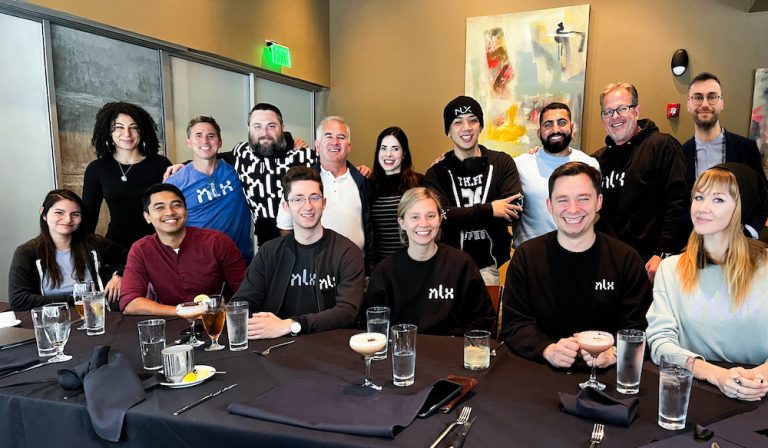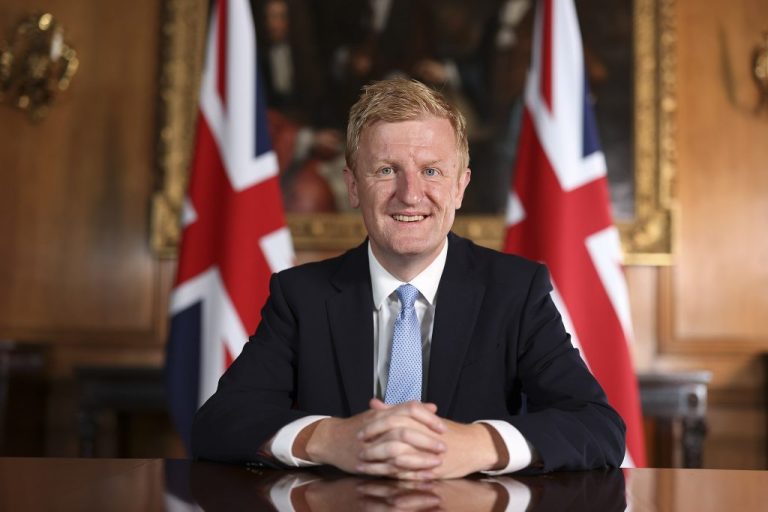Australian Court Declares AI Eligible for Inventor Status in Patent Law Revolution
AI Systems Recognized as Inventors in Australian Court Ruling
A landmark decision by a federal court in Australia has established that AI systems can be recognized as inventors under patent law, potentially paving the way for a new global standard. This case, brought forth by Ryan Abbott, a professor at the University of Surrey, involves numerous patent applications initiated on behalf of Dr. Stephen Thaler, an American who developed an AI known as DABUS.
Justice Jonathan Beach stated, “An inventor as recognized under the act can be an artificial intelligence system or device,” thereby reversing an earlier ruling. He emphasized the relationship between human creators and their inventions: “We are both created and create. Why cannot our own creations also create?”
DABUS employs neural networks to develop innovative solutions such as an emergency warning light and a food container that enhances grip and heat transfer. While numerous patent applications worldwide have been denied—maintaining that a human must be credited as the inventor—this ruling challenges that status quo.
The implications of whether AI should hold rights similar to humans are becoming increasingly critical. This case may mark the initial steps toward defining the legal status of machines as they develop more advanced capabilities. Notably, DABUS secured its first patent for “a food container based on fractal geometry” from South Africa’s Companies and Intellectual Property Commission last June.
Professor Adrian Hilton, Director of the Institute for People-Centered AI at the University of Surrey, remarked on the historic nature of this ruling, suggesting it highlights the need for rethinking how we assign inventorship. “We are transitioning to an era where machines can achieve genuine inventive steps, opening up the potential for AI-generated innovations that benefit society,” he said.
Seeking insights from patent experts at ACT | The App Association, which represents over 5,000 app developers and connected device companies, Brian Scarpelli, Senior Global Policy Counsel, expressed, “The App Association opposes the idea that patents should be granted for inventions generated by machines rather than by individuals.” He emphasized the existing patent laws, such as Australia’s 1990 Patents Act, which adequately support traditional inventorship.
Scarpelli also remarked that while software patentability can serve as a guide for patentable AI innovations, the broader consequences of recognizing machine-generated inventions could significantly alter legal frameworks and policies. Ongoing discussions within national patent offices and international organizations like the World Intellectual Property Organization will be crucial for shaping future guidelines.
We invite you to share your thoughts in the comments section: Should AI systems be afforded legal protections and obligations similar to those of humans?

About Ryan Daws
Ryan Daws serves as a senior editor at TechForge Media, bringing over ten years of experience in developing engaging narratives and simplifying intricate subjects. His insightful articles and conversations with industry leaders have positioned him as a significant influencer, acknowledged by organizations such as Onalytica. Under his guidance, publications have received accolades from analytical firms like Forrester for their high quality and impact.
You can find Ryan actively sharing his insights on various platforms including X (@gadget_ry), Bluesky (@gadgetry.bsky.social), and Mastodon (@[email protected]).
Recent Articles
NVIDIA helps Germany lead Europe’s AI manufacturing race
Find out how NVIDIA is positioning Germany at the forefront of AI manufacturing in Europe.
MedTech AI, hardware, and clinical application programmes
This article explores advancements in AI within the MedTech industry and their implications.
The AI execution gap: Why 80% of projects don’t reach production
Understanding the significant challenges hindering AI projects from moving to production.
Teachers in England given the green-light to use AI
How new policies are enabling educators in England to integrate AI into their teaching methods.
The Role of Machine Learning in Enhancing Cloud-Native Container Security
Machine learning is making significant strides in improving security protocols for cloud-native container environments. By leveraging advanced algorithms, organizations can enhance their ability to detect and mitigate potential threats.
Innovative Machine Learning Uses Transforming Business Applications
Various industries are integrating machine learning to revolutionize their business applications. This technology enables more efficient processes, enhancing decision-making and customer experiences through data-driven insights.
AI and Bots Allegedly Used to Fraudulently Boost Music Streams
Recent reports indicate the involvement of AI and automated bots in artificially inflating music streaming numbers, raising concerns about the integrity of chart rankings and artists’ revenues.
The Benefits of Partnering with Outsourced Developers
Collaborating with outsourced developers can provide businesses with access to a broader talent pool. This partnership often accelerates project timelines and reduces operational costs, proving beneficial for both small startups and established enterprises.
Education, Legislation & Government
Teachers in England have been given the go-ahead to integrate artificial intelligence (AI) into their classrooms. This decision marks a significant shift in educational practices as AI tools can now serve as valuable resources for both teachers and students.
AI’s Role in Cryptocurrency
Artificial intelligence is playing an increasingly vital role in the cryptocurrency sector, shaping processes and decision-making with new technologies. As the market evolves, the implications of AI are becoming more apparent in trading strategies and market predictions.
Beginning of the Superintelligence Era
Sam Altman, the CEO of OpenAI, has declared that we are on the verge of entering a superintelligence era. His insights into the development and potential of AI spark discussions about its impact on society and ethical considerations that need to be addressed.
Islands: Somalia, South Africa, South Georgia and the South Sandwich Islands, South Sudan, Spain, Sri Lanka, Sudan, Suriname, Svalbard and Jan Mayen, Sweden, Switzerland, Syria (Arab Republic), Taiwan, Tajikistan, Tanzania (the United Republic of), Thailand, Timor-Leste, Togo, Tokelau, Tonga, Trinidad and Tobago, Tunisia, Turkmenistan, Turks and Caicos Islands, Tuvalu, Türkiye, US Minor Outlying Islands, Uganda, Ukraine, United Arab Emirates, United Kingdom, United States, Uruguay, Uzbekistan, Vanuatu, Venezuela, Viet Nam, Virgin Islands (British), Virgin Islands (U.S.), Wallis and Futuna, Western Sahara, Yemen, Zambia, Zimbabwe, Åland Islands.
Permissions (Required): By submitting your email, you agree to our Terms and Privacy Notice.
Phone: This field is for validation purposes and should remain unchanged.







